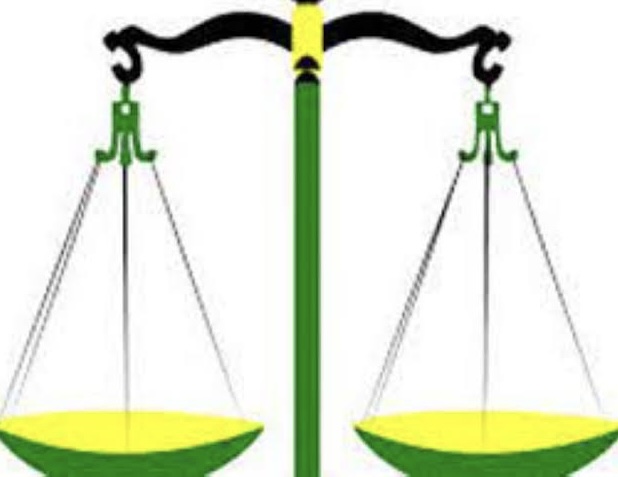In a groundbreaking legal development, the High Court in Enugu has issued a landmark ruling in favor of the leader of the Indigenous People of Biafra (IPOB), Mazi Nnamdi Kanu. The court has instructed the Nigerian Federal Government and South-East Governors to pay him a substantial sum of N8,000,000,000.00 (Eight Billion Naira).
As reported by Vanguard, the court order not only demands the financial compensation but also requires an official apology to Kanu for the violation of his fundamental rights. Furthermore, the court mandates the publication of these apologies in three national newspapers.
ALSO CHECK: Affordable products
This significant judgment was delivered by Justice A. O Onovo in response to a lawsuit brought before the court by the legal team of IPOB, led by Aloy Ejimakor. The suit challenged the 2017 proscription of IPOB as a terrorist organization and its designation as such by the Federal Government and South-East Governors.
Justice Onovo ruled that the proscription and designation of IPOB as a terrorist organization were unconstitutional. He cited the impractical application of the Terrorism Prevention Act and the executive actions of the respondents as reasons for this decision.
LEARN MORE: Read blogs and articles here!!!
Importantly, the court emphasized that IPOB’s advocacy for self-determination, primarily representing the Igbo and other Eastern Nigerian ethnic groups, is not a crime. Therefore, it cannot serve as the basis for the arrest, detention, and prosecution of its leader, Mazi Nnamdi Kanu.
This judgment upholds that the actions taken by the government and South-East Governors in 2017 infringed upon Kanu’s fundamental rights, which are protected under the Nigerian Constitution and the African Charter on Human and People’s Rights.
The court’s decision is a significant victory for Nnamdi Kanu and IPOB, affirming the legality of their self-determination advocacy while condemning the proscription and terrorist designation imposed on the group. This ruling underscores the importance of protecting individual and collective rights within the boundaries of the law.
ALSO READ: Interesting stories

